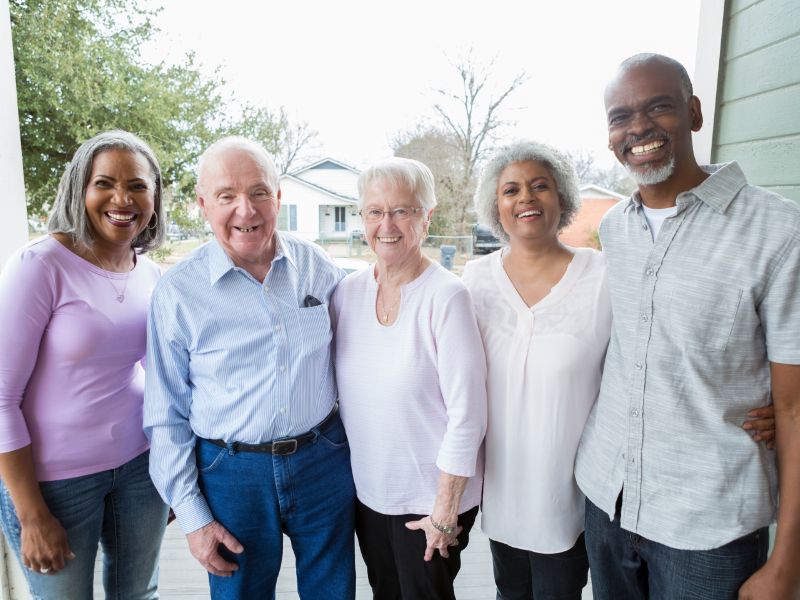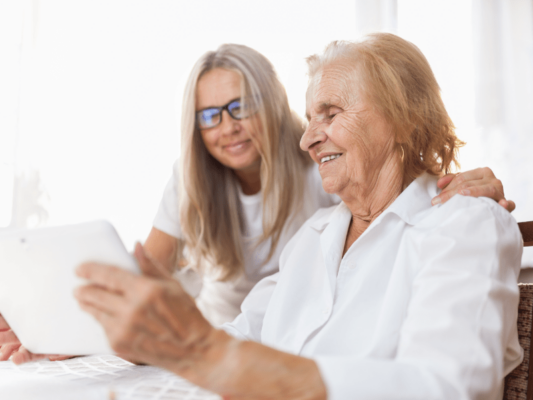Washington winters can be brutal. When the cold weather comes, older adults need extra care. They are prone to slipping on ice, hypothermia, and frostbite.
Caregivers must take additional measures to keep them protected. They must provide a high level of elderly care Washington seniors require. This article will review the measures home care aides must take to mitigate the effects of cold weather on elderly clients.
Elderly Care in Washington, D.C. Protects Seniors During the Winter
Hypothermia
Hypothermia occurs when the body temperature is at a dangerous level. It develops due to exposure to the cold for an extended period. Symptoms include pale or ashy skin, confusion, fatigue, difficulty walking, and reduced breath or heart rate.
Seniors are prone to hypothermia due to changes in body temperature during aging. They may even develop the condition if left in a cold home.
Caregivers can prevent hypothermia by ensuring seniors don’t stay outdoors for long. They should set indoor temperatures to 65 degrees Fahrenheit or warmer. They should make sure their clients dress warmly.
Frostbite
Frostbite occurs when the skin and underlying tissue freezes due to exposure to the cold. It typically affects extremities like the nose, fingers, toes, and cheeks. People with heart disease and poor circulation are at high risk for the condition.
Caregivers must be familiar with the signs of frostbite. Symptoms include gray or ashy skin that feels hard or waxy and numbness. They can protect clients by limiting exposure to the cold and ensuring they dress warmly.
Slip and Falls
Seniors are prone to falls due to a loss of muscle mass, illnesses, physical conditions, medications, and other factors. Their risk will increase if they must walk on icy walkways.
In-home aides can lower fall risk by ensuring outdoor walkways are shoveled and salted. Keep seniors indoors if possible.
Fires and Carbon Monoxide Poisoning
An elderly adult may turn on the fireplace or use kerosene, natural gas, and other fuels to stay warm. If these areas are not cleaned and vented, they can leak carbon monoxide, a deadly odorless, colorless gas. Symptoms include headache, nausea, weakness, dizziness, and confusion.
These appliances, as well as space heaters, can also present a fire hazard.
Caretakers can prevent carbon monoxide poisoning by requesting an inspection of chimneys and flues before the winter months. Smoke and carbon monoxide detectors should be in working order. Space heaters should be at least 3 feet away from anything that might catch fire.

VMT Home Health Agency Offers Preferred Elderly Care in Washington, D.C.
Your loved ones need additional care during the winter months. VMT Home Health Agency provides elderly care in Washington, D.C. you can trust.
Our highly skilled caregivers provide nursing, rehabilitation, and non-skilled services. We have over 35 years of experience. We offer multilingual care and attentive, trusted, and specialized services. We are a personalized alternative to an elderly care home Washington, D.C. clients prefer.
Contact us to learn how we can improve your loved one’s well-being.





